Follow 👆 the official account, reply with 'python' to get the beginner's tutorial! Source from the internet, please delete if infringed.Introduction
2023 has passed, and with the arrival of 2024, Python is about to celebrate its 35th birthday. (Fun fact: Python was born in 1989, while Java was born in 1991, so Python has a longer history than Java) As one of the most popular programming languages in the world today, many friends want to explore the wonders of Python but are stuck due to the lack of a systematic and scientific learning tutorial!
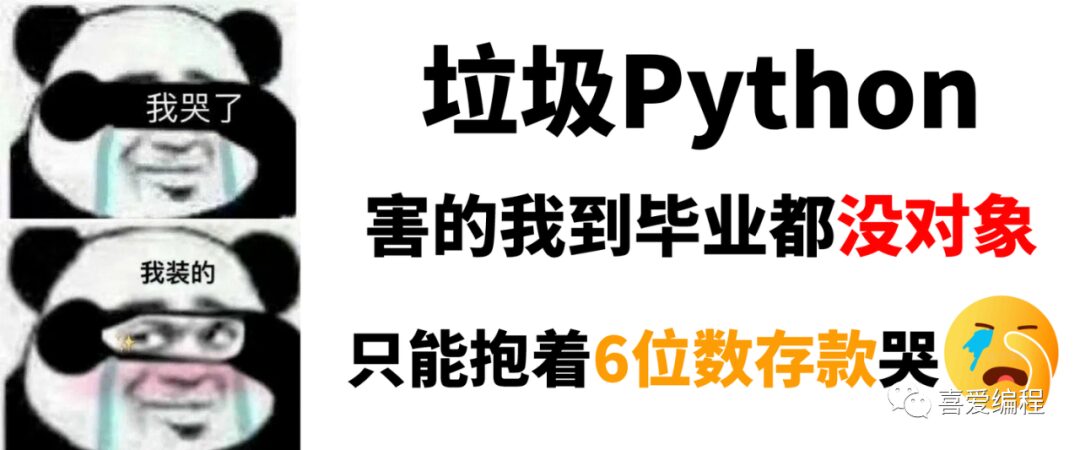
No matter what you are learning, there are scientific learning methods and reasonable study plans. As long as you are well-prepared in these two aspects, you can master Python from beginner to expert much faster than others. Some diligent friends can even become proficient in just six months.
Have a correct understanding of your level.
When learning Python, everyone has different foundational levels. If you are a complete beginner, you need to start with introductory courses or beginner readings. Don’t think about challenging advanced courses right from the start. I also learned Python from scratch, and I know that mastering it is not an easy task. Therefore, I want to set the expectations right; learning Python is not an overnight process. You should realize that after finishing Python, you cannot immediately earn a salary of 10,000 or 20,000. Python is not that simple, so do not expect to learn it in one or two months; you will need to spend at least around six months studying.
Don’t reinvent the wheel.
Don’t think that you can solve all problems by yourself. Learning Python can be very abstract, especially when you first start. Many times, you may feel lost. Therefore, I suggest that everyone should learn to leverage resources, find experienced mentors around you, or friends who are good at it to guide you. Having someone to guide you can significantly improve efficiency. It’s best to communicate more with experienced individuals to learn many good study methods and skills, enhancing our learning efficiency.
Today, I specifically bring you some valuable content.
Back to the point, it’s time to introduce this tutorial to everyone. I hope every friend becomes addicted to learning and cannot extricate themselves.

This tutorial takes 15 days to complete.
Days 1-3: Basic Linux commands
Days 4-13: Basic Python tutorial
Days 14-15: Airplane battle project practice
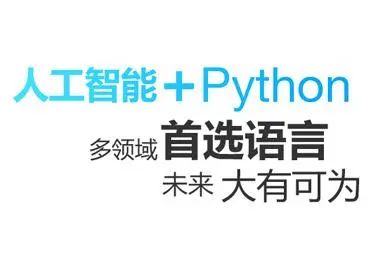
Phase One (Days 1-3):
This phase introduces different operating systems in various fields, a brief history of the development of operating systems, and the directory structure of Linux systems to give everyone a basic understanding of Linux and why learning Linux commands is important.
1. File and directory commands: ls, cd, touch, mkdir, rm
2. Copy and move commands: tree, cp, mv
3. File content commands: cat, more, grep
4. Remote management commands: ifconfig, ping, a brief introduction to SSH working methods, and the ssh command
5. User permissions and user management commands: chmod, chgrp, useradd, passwd, userdel
6. Software installation and compression commands: Introduction to apt and commands, tar, gzip compression commands, bzip2 compression commands
7. Basic usage of vim
Phase Two (Days 4-10)
In this phase, we officially start learning the Python language by first understanding the origin of Python, its design goals, design philosophy, advantages and disadvantages, basic concepts of object-oriented programming, execution methods, and the use of the Python IDE PyCharm, laying the groundwork for our upcoming studies.
Then we will learn about three simple variable types: int, string, float; calculations between variables; input and output of variables; if statements; while loops; for loops; usage of break and continue; basic usage of functions; module usage; and three advanced variable types: lists, tuples, dictionaries, along with common string operations.
Next, we will connect the knowledge learned in this phase through a case study of a contact management system. While learning the contact management system, we will first learn how to build the framework of this system, and then we will implement functions such as adding a contact, displaying all contacts, searching for a contact, deleting a contact, and modifying a contact.
Finally, we will study advanced syntax content, global variables, local variables, mutable and immutable data types, functions returning multiple values, default parameters for functions, variable-length parameters, and basic usage of recursion.
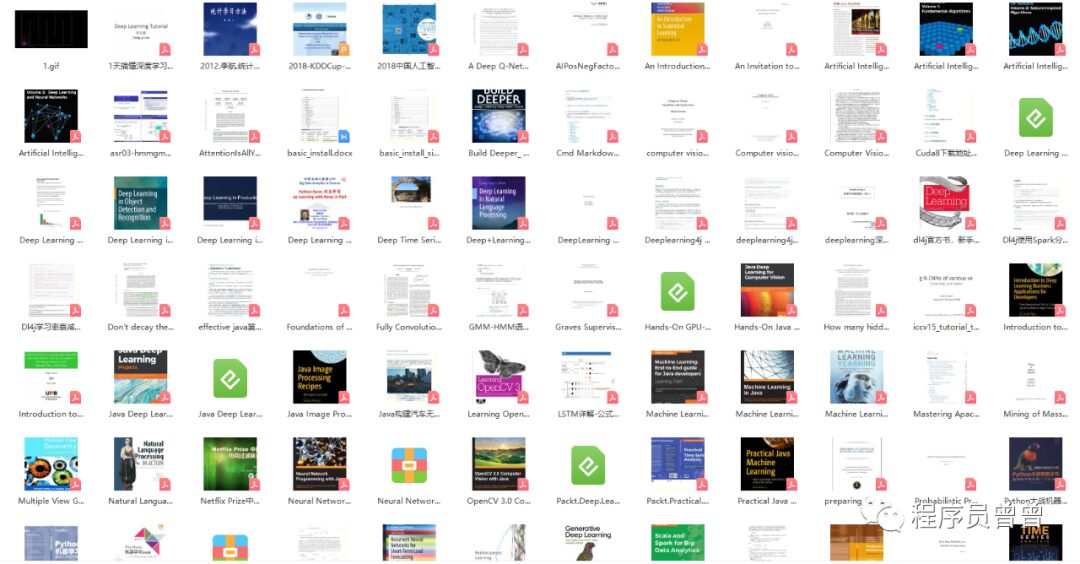
Phase Three (Days 11-13)
In this phase, we will learn about the important programming concept of Object-Oriented Programming (OOP). The first knowledge points include the basic concepts of classes and objects, the dir function, the role of self, the initialization method __init__, built-in functions __str__, __del__, single inheritance, method overriding, private properties and methods, multiple inheritance, polymorphism, class properties, and static methods.
We will also learn the Singleton design pattern, exception handling, throwing exceptions, local imports using from import, importing tools with the same name using from import, importing all tools using from import, using packages, creating modules, using pip, and file operations.
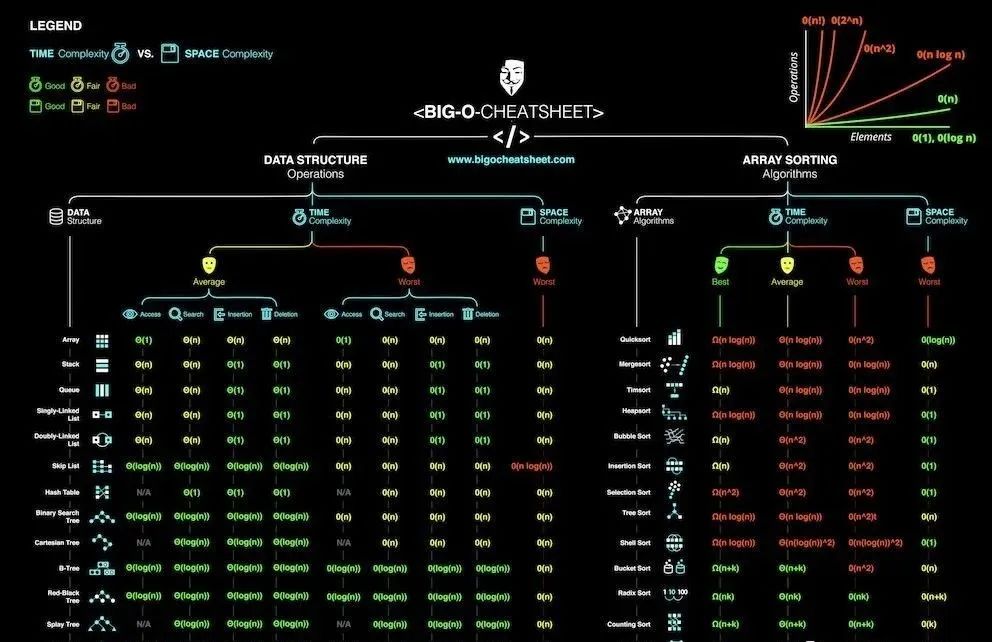
Phase Four (Days 14-15)
This phase is the project practice phase. We will guide everyone in developing the classic game ‘Airplane Battle’ using the knowledge previously learned. The project includes modules such as game window, image rendering, game loop, event listening, sprites and sprite groups, creating enemy planes, creating heroes, launching bullets, and collision detection.

Freelance Work Guide
As we all know, the biggest highlight and feature of Python is its ability for freelance and side jobs. As the programming language with the strongest ability for side jobs, Python must be included in freelance opportunities!
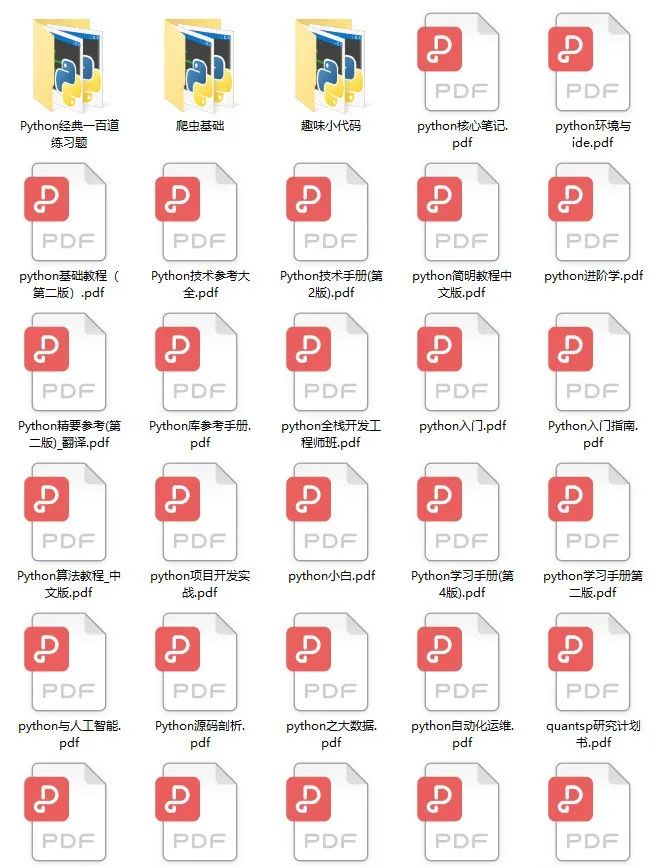
How to Obtain:
-
Like + See Again
-
Reply ‘python’ in the official account
Get the latest Python zero-based learning materials for 2024,Reply in the background:Python